Decree No. 154/2025/ND-CP, effective from June 16, 2025, specifically stipulates the subjects of the policy on streamlining payroll as well as groups of policies on streamlining payroll. The regimes and policies prescribed in this Decree are applied until December 31, 2030.
On June 15, the Government issued Decree No. 154/2025/ND-CP regulating staff streamlining. This document takes effect from June 16, 2025, replacing Decree No. 29/2023/ND-CP.
The regimes and policies prescribed in this Decree shall apply until December 31, 2030.
Subjects implementing the policy of streamlining payroll
According to the provisions of Decree No. 154/2025/ND-CP of the Government regulating staff streamlining (hereinafter referred to as Decree 154), the subjects implementing the staff streamlining policy include the following groups.
Firstly , cadres, civil servants, public employees; commune-level cadres, civil servants and people working under labor contracts are subject to the same regimes and policies as civil servants according to Government regulations (hereinafter referred to as employees), if they fall into one of the following cases:
- Civil servants, public employees and redundant workers due to organization (except for beneficiaries of policies and regimes in the implementation of organizational arrangement of the political system according to separate regulations of the Government);
- Cadres, civil servants, and public employees who are leaders or managers and cease to hold leadership or management positions or are appointed or elected to leadership or management positions with lower salary or leadership allowance due to reorganizing the apparatus, individuals voluntarily streamlining the payroll and are agreed by the directly managing agency, organization or unit (except for beneficiaries of policies and regimes in implementing the reorganization of the apparatus of the political system according to separate regulations of the Government);
- Cadres, civil servants, and public employees in leadership and management positions and titles cease to hold due to restructuring or improving the quality of the leadership and management team according to a decision of a competent authority or due to a decision of a competent authority to cease holding a leadership and management position, or individuals voluntarily implement staff streamlining and are approved by the agency, organization, or unit directly managing them;
- Surplus due to review and rearrangement of personnel according to the decision of competent authority or surplus due to public service units rearranging personnel to implement the autonomous mechanism;
- Redundancy due to restructuring of cadres, civil servants and public employees according to job positions, but cannot be arranged or assigned to other jobs or can be arranged to other jobs but the individual voluntarily reduces the payroll and is agreed by the agency, organization or unit directly managing them;
- Not yet meeting the training level according to the professional and technical standards prescribed for the current job position, but there is no other suitable job position to arrange and cannot arrange for retraining to standardize professional and technical skills or the agency arranges another job but the individual voluntarily implements staff streamlining and is agreed by the agency, organization or unit directly managing;
- In the previous year or in the year of reviewing the staff streamlining, the quality is classified as not completing the task associated with the performance of assigned duties and responsibilities; in the previous year or in the year of reviewing the staff streamlining, the quality is classified as completing the task but the individual voluntarily performs the staff streamlining and is approved by the agency, organization or unit directly managing him/her;
- In the previous year or in the year of considering streamlining the payroll, the total number of days off work due to illness is equal to or higher than 200 days, with confirmation from the Social Insurance agency of paying sickness allowance according to current regulations of law; in the previous year or in the year of considering streamlining the payroll, the total number of days off work is equal to or higher than the maximum number of days off work due to illness according to regulations of law on social insurance, with confirmation from the Social Insurance agency of paying sickness allowance according to current regulations of law, the individual voluntarily implements streamlining the payroll and is agreed by the agency, organization or unit directly managing it.
Second , people working under indefinite-term labor contracts performing professional and technical jobs in the list of specialized job titles and shared professional job titles in public service units according to Government regulations are redundant due to restructuring of the unit's human resources according to the decision of the competent authority or redundant due to rearrangement of the apparatus (except for beneficiaries of policies and regimes in the implementation of rearrangement of the apparatus of the political system according to separate regulations of the Government).
Third , people working under indefinite-term labor contracts performing support and service work in administrative agencies and public service units as prescribed by law are redundant due to organizational restructuring (except for beneficiaries of policies and regimes in the implementation of organizational restructuring of the political system according to separate regulations of the Government).
Fourth , part-time activists at the commune level quit immediately after implementing the model. 2-level local government according to the provisions of the Law on Organization of Local Government.
Fifth , part-time workers in villages and residential groups who are redundant due to village or residential group rearrangement will retire immediately from the time of the rearrangement decision by the competent authority.
Policy groups on downsizing
Decree 154 also clearly stipulates the group of early retirement policies applicable to subjects with 2 to 5 years remaining until retirement age and with sufficient working time with compulsory social insurance payment to receive pension, including 15 years or more working in arduous, toxic, dangerous or especially arduous, toxic, dangerous occupations or jobs, or 15 years or more working in areas with particularly difficult socio -economic conditions, including working time in places with regional allowance coefficient of 0.7 or higher before January 1, 2021.
In addition to enjoying retirement benefits according to the provisions of the law on social insurance, this subject also enjoys the following benefits: No deduction of pension rate due to early retirement; Subsidized 5 months of current salary for each year of early retirement compared to the retirement age prescribed in Appendix II issued with Decree No. 135/2020/ND-CP;
Those who have 20 years or more of work experience with compulsory social insurance will receive a subsidy of 5 months of current salary for the first 20 years of work experience with compulsory social insurance; for the remaining years (from the 21st year onwards), each year will receive a subsidy equal to 0.5 months of current salary. Those who have 15 to less than 20 years of work experience with compulsory social insurance will receive a subsidy of 5 months of current salary.
In addition, subjects with 2 to 5 years left until the prescribed retirement age and with sufficient working time and compulsory social insurance contributions to receive pension, in addition to enjoying pension benefits, also enjoy the following benefits: No deduction of pension rate due to early retirement; Subsidized 5 months of current salary for each year of early retirement compared to the prescribed retirement age.
Those who have 20 years or more of work experience with compulsory social insurance will receive a subsidy of 5 months of current salary for the first 20 years of work experience with compulsory social insurance; for the remaining years (from the 21st year onwards), each year will receive a subsidy equal to 0.5 months of current salary. Those who have 15 to less than 20 years of work experience with compulsory social insurance will receive a subsidy of 5 months of current salary.
Regarding subjects with less than 2 years left until the retirement age specified in Appendix II issued with Decree No. 135/2020/ND-CP and having enough working time with compulsory social insurance to receive pension according to regulations, including 15 years of working in a heavy, toxic, dangerous or especially heavy, toxic, dangerous job or 15 years of working in an area with particularly difficult socio-economic conditions, including working time in a place with a regional allowance coefficient of 0.7 or higher before January 1, 2021, they are entitled to pension according to the provisions of law and will not have their pension rate deducted due to early retirement.
Subjects who are less than 2 years old and have reached the retirement age prescribed in Appendix I issued with Decree No. 135/2020/ND-CP and have enough working time with compulsory social insurance payment to receive pension according to regulations shall enjoy pension regime according to the provisions of the law on social insurance and shall not have their pension rate deducted due to early retirement.
Also according to Decree 154, the policy group for transferring to work at organizations that do not receive regular salaries from the state budget is applied to those transferring to work at organizations that do not receive regular funding from the state budget, including the following regimes: Subsidized 3 months of current salary; Subsidized 0.5 months of current salary for each year of work with compulsory social insurance.
However, this policy does not apply to those who have worked at public service units when the unit converts to a public service unit that self-insures regular expenses or a public service unit that self-insures regular expenses and investment expenses or an enterprise or equitization that is still retained to work; those who are subject to staff reduction with a remaining age of 3 years or less to the retirement age prescribed in Decree No. 135/2020/ND-CP, have enough working time with compulsory social insurance or more to receive pension according to the provisions of law, including 15 years of working in a heavy, toxic, dangerous or especially heavy, toxic, dangerous job or 15 years or more working in areas with particularly difficult socio-economic conditions including working time in places with a regional allowance coefficient of 0.7 or more before January 1, 2021; Those who are subject to staff reduction and are between 3 years old and under the retirement age prescribed in Decree No. 135/2020/ND-CP, have enough working time with compulsory social insurance or more to receive pension according to the provisions of the law on social insurance.
According to Decree 154, the group of policies on termination of employment clearly stipulates that the immediate termination policy will apply to those who have not reached the retirement age as prescribed in Decree No. 135/2020/ND-CP and are not eligible for the early retirement policy as prescribed in Article 6 of Decree 154/2025/ND-CP. If they terminate their employment immediately, they will be entitled to specific benefits.
That is: Receive a subsidy of 3 months of current salary to find a job; Receive a subsidy of 1.5 months of current salary for each year of work with compulsory social insurance; Reserve the period of compulsory social insurance payment or receive a one-time social insurance payment according to the provisions of the law on social insurance.
According to Decree 154, the group of policies on termination of employment clearly stipulates that the immediate termination policy will apply to those who have not reached the retirement age as prescribed in Decree No. 135/2020/ND-CP and are not eligible for the early retirement policy as prescribed in Article 6 of Decree 154/2025/ND-CP. If they terminate their employment immediately, they will be entitled to specific benefits.
Regarding the policy of termination of employment after vocational training, subjects under 45 years old, with good health, sense of responsibility and sense of discipline but currently undertaking jobs that are not suitable for their training level and major, and who wish to terminate their employment, will be facilitated by the agency, organization or unit to undergo vocational training before terminating their employment, find a new job and enjoy the following benefits: Receive full current salary and have the agency or unit pay social insurance, health insurance, unemployment insurance (if they are eligible for unemployment insurance) during the vocational training period, but the maximum benefit period is 6 months;
Receive a subsidy for vocational training equal to the cost of the vocational training course, up to 6 months of current salary to pay to the vocational training facility; After completing the vocational training, receive a subsidy of 3 months of current salary at the time of going to school to find a job;
Receive a subsidy of 0.5 months of current salary for each year of work with social insurance; During the vocational training period, continuous working time is counted but seniority is not counted for annual salary increase; Time for compulsory social insurance payment is reserved or one-time social insurance is received according to regulations of the law on social insurance.
Source: https://baolangson.vn/doi-tuong-thuc-hien-va-cac-nhom-chinh-sach-tinh-gian-bien-che-5050336.html










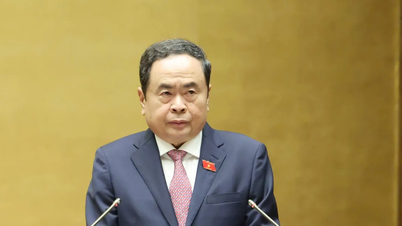

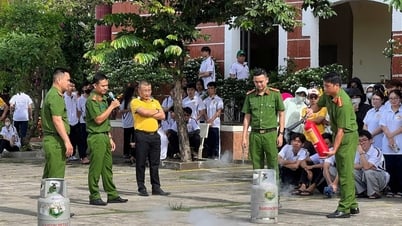

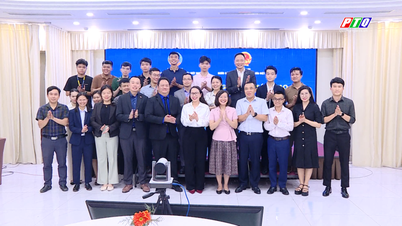

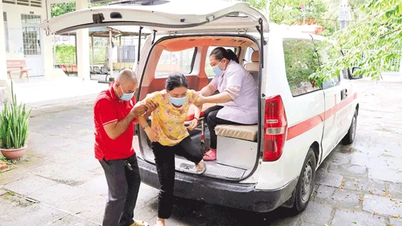

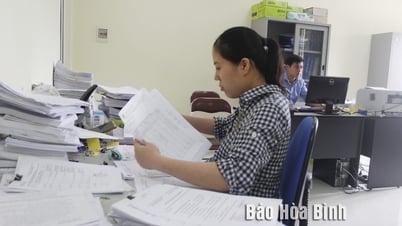







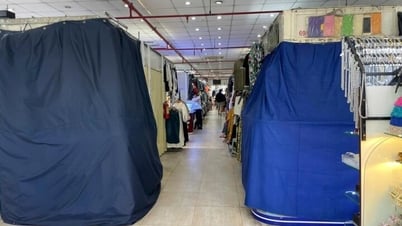
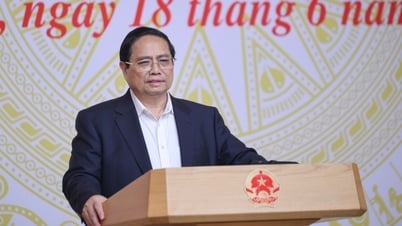

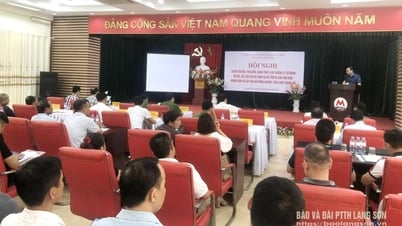














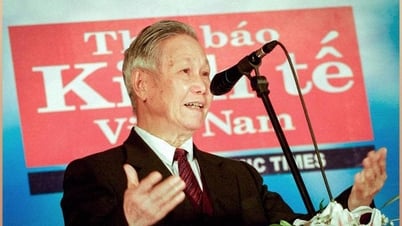

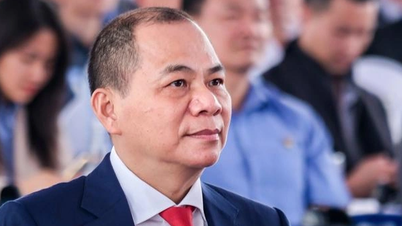
















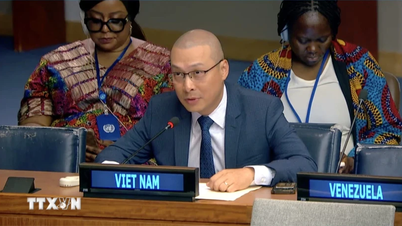


















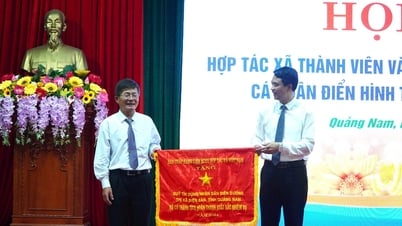


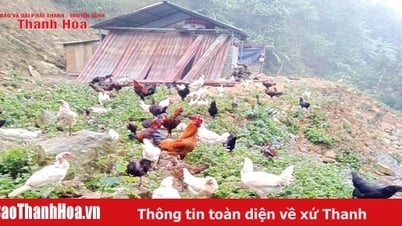













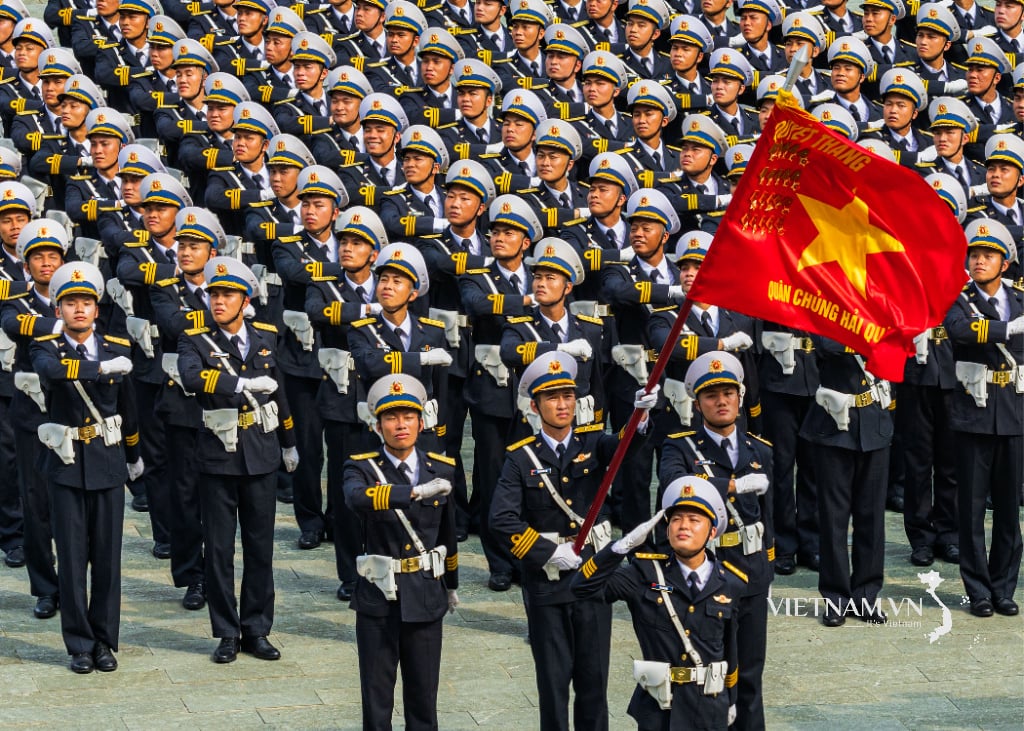
Comment (0)